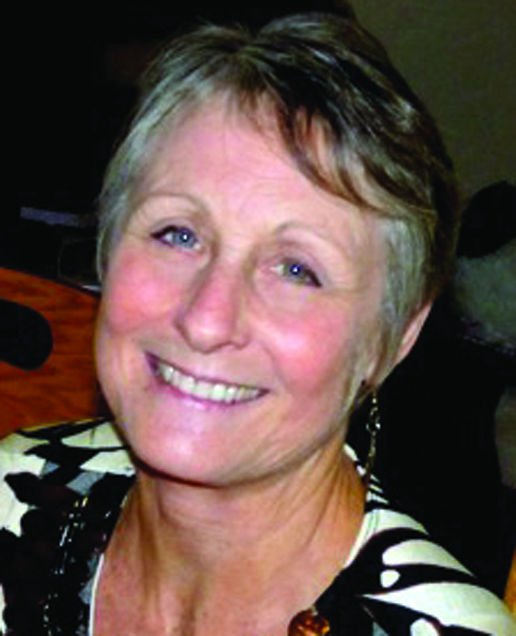I read the headline in the Gilroy Dispatch, “No high school diploma for hundreds?” and thought what could this possibly be that could affect so many local students. My curiosity had me read more and my concern turned into frustration and many questions.
The article revealed there would be no leniency for the 200 students not completing the mandated community service hours. REALLY? Students would not graduate because of a 2010 Gilroy Unified School District Board decision over a controversial rule forcing high-schoolers to volunteer in the community with a total of 80 hours by May of their senior year.
Superintendent Debbie Flores reiterated there would be no slack. No 80 hours means no graduation and no senior prom. Encouraging students to become advocates for local businesses and organizations is laudable, but should this be a prerequisite to graduating and attending their once-in-a-lifetime senior prom?
Some students start accumulating the required hours as freshman and find it easy to reach or exceed the goal, confirmed Gloria Hennessy, who coordinates the program at Christopher High School. She includes that it doesn’t seem to be based on socioeconomic status or cultural challenges.
It reminds me of three types of people; the first group are go-getters, those that get involved and make things happen. The second group are those that sit back and watch things happen and the third group will watch things happen and then look around and say “what the hell just happened”?
Community involvement is probably not innate, but a learned behavior or attitude from parental influence, accompanied by teacher guidance. Giving back to the community is a worthy cause, and I do it myself. I believe children benefit from time spent with elders and successful business leaders. It can build character, increase self-esteem and feelings of accomplishment, teach discipline, respect, good sportsmanship and open up horizons for future direction.
My argument, though, is that this can be achieved through after school curricula such as choir, drama, school associated clubs and sports. Certainly, the spirit of giving would include faith and spiritual projects, but these are not listed in the qualifying categories. Where does all this extra time fit into the life of a busy student? Could this place a burden on the youngsters to meet an additional criteria to graduate?
I have sympathy for seniors who need to rush home after school to babysit a sibling because Mom may have a second job to support the family. I appreciate a self-driven scholar off to work in anticipation of expensive college years looming in the future. I consider the struggling student concerned about studying to achieve the grades needed to graduate. Let’s not forget, important much-needed family time.
I pondered the birth of this movement by President Obama, motivated by his own adulthood as a community organizer. In 2009, legislation passed aimed at increasing participants in national volunteer programs, some say forced advocacy, under Americorps. Did The Generation Invigorating Volunteerism and Education (GIVE) Act precipitate the transition of volunteerism to our teens?
The campaign spread throughout the nation with most states adopting the concept. The number of necessary hours varies from state to state and some states have no directive. I wonder how many 501(c)(3) organizations there are in rural neighborhoods to support such a program. There is little documentation as to the success or benefits to the student. The bonus to the recipients is free labor, but at what cost to the child?
The design and outcomes of mandating community service is based on individual perception and judgment. Americans have always had a generous spirit of giving. We are people that practice volunteerism, contributing time and money, especially in times of need. The operative word is MANDATE. I see this as another way government is intruding in our lives, deciding what is good for us and our children, coercing their ideology on our future generations.
Guest columnist Susan Mister is a longtime Gilroy resident and volunteer. Anyone wishing to pen a guest column can contact Editor Mark Derry.














